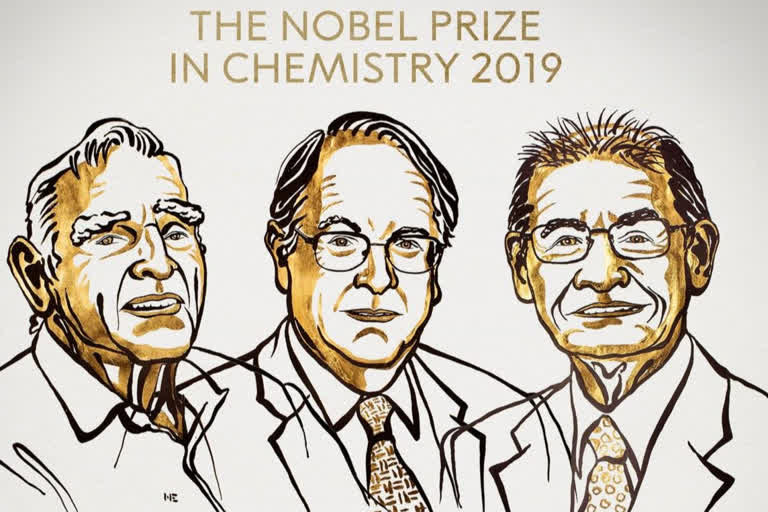Stockholm: Three scientists on Wednesday were awarded the Nobel Prize in Chemistry for their contributions to the development of lithium-ion batteries, which have reshaped energy storage and transformed cars, mobile phones and many other devices in an increasingly portable and electronic world.
The prize went to John B Goodenough of the University of Texas; M Stanley Whittingham of the the State University of New York at Binghamton; and Akira Yoshino of Asahi Kasei Corporation and Meijo University in Japan.
Goran Hansson, secretary-general of the Royal Swedish Academy of Sciences, said the prize was about "a rechargeable world'.
In a statement, the committee said that lithium-ion batteries 'have revolutionized our lives' and the laureates 'laid the foundation of a wireless, fossil-fuel-free society'.
The Nobel committee also said that lithium-ion battery has its roots in the oil crisis in the 1970s when Whittingham was working to develop methods aimed at leading to fossil-fuel-free energy technologies.
The prizes come with a 9-million kronor (USD 9,18,000) cash award, a gold medal and a diploma that are conferred on December 10 the anniversary of Alfred Nobel's death in 1896 in Stockholm, Oslo, and Norway.
Prize founder Alfred Nobel, a Swedish industrialist who invented dynamite, decided the Physics, Chemistry, Medicine and Literature prizes should be awarded in Stockholm and the peace prize in Oslo.
Read also: China moderates Kashmir stand ahead of Xi's India visit



